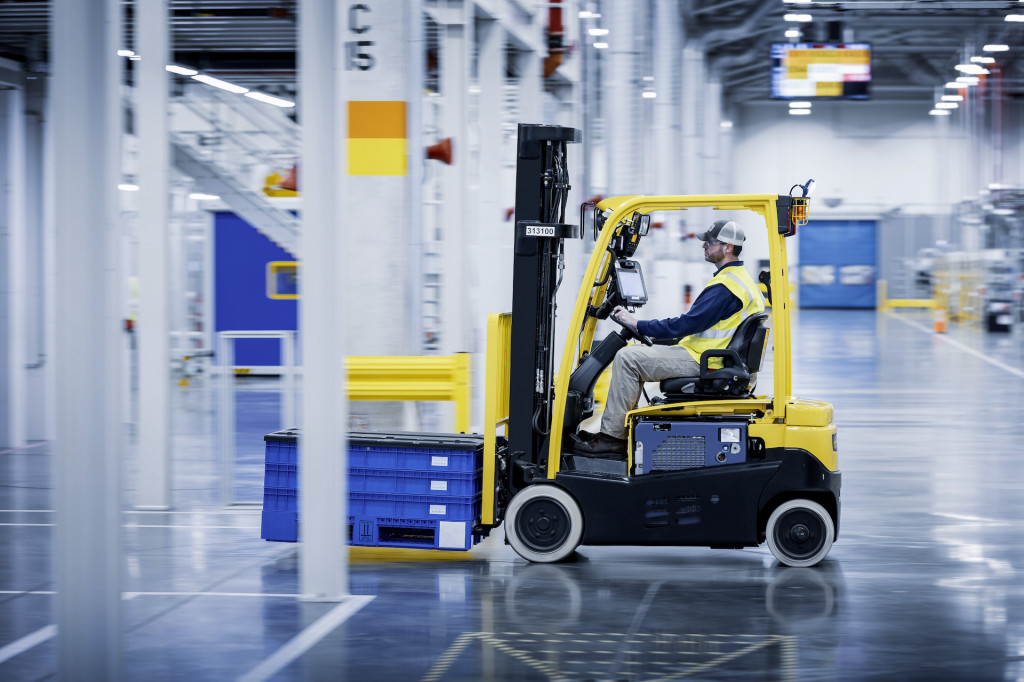The United States Department of Energy (DOE) this week announced new funding from President Biden's Bipartisan Infrastructure Law for domestic EV battery production and development.
The DOE on Monday announced $3.16 billion for the domestic battery supply chain. Part of more than $7 billion the infrastructure law has designated for battery production, it will fund new, retrofitted, and expanded manufacturing facilities, manufacturing demonstrations, and battery recycling, according to a DOE press release.
Separately, the DOE has also designated $60 million in funding for so-called "second-life" uses of batteries after they've been retired from EV use.

Mercedes-Benz battery factory
On Tuesday, the DOE followed those announcements up with an additional $45 million funding announcement for battery development. Called the Electric Vehicles for American Low-Carbon Living (EVs4ALL) program, it will be administered through the Energy Department's Advanced Research Projects Agency-Energy (ARPA-E).
EVs4ALL will focus on three areas—fast charging, increased efficiency, and improved resilience—the DOE said.
The Biden Administration wants to expand domestic battery production as part of a goal of making half of all new vehicles sold in the U.S. electric by 2030. Biden has also turned to the Defense Production Act for some of the materials needed for battery production.

Mercedes-Benz Alabama battery factory
The Build Back Better bill would have contained more measures that might have helped bolster the supply chain, however that has stalled in Congress, largely due to a lack of support from West Virginia Senator Joe Manchin.
But experts interview by The New York Times noted that, even if more manufacturing is brought Stateside, most battery raw materials are still sourced from other countries. Cobalt is one raw material that's due to keep EV battery costs elevated for some time, analyses have indicated.
The DOE in 2021 pointed to EV affordability in line with gasoline when battery prices hit $60/kwh on a cell level. But due to elevated raw-material costs, that now seems much farther out of reach.












